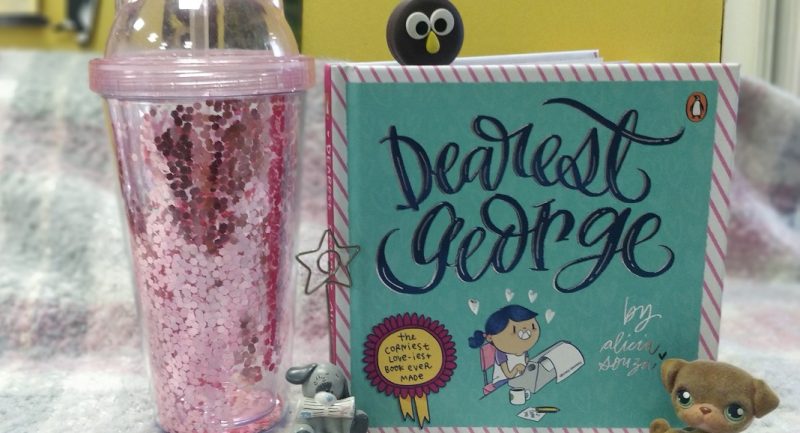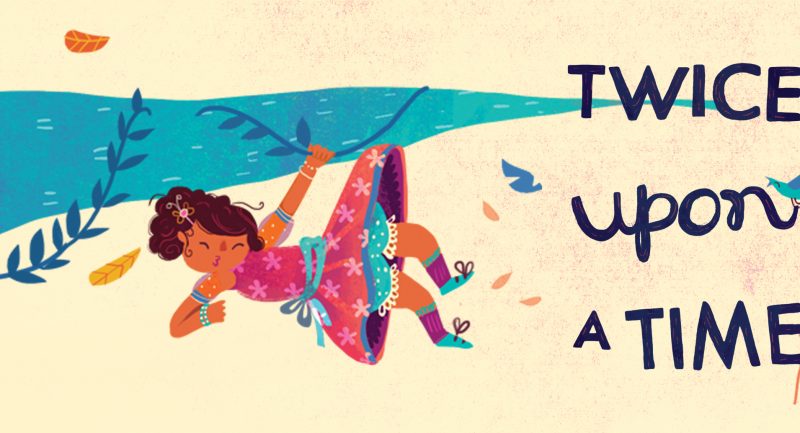
Spirited and powerfully imaginative, Flyaway Boy is a story about embracing everything that makes you uniquely you.
Kabir doesn’t fit in. Not in the wintry hill town, he lives in, and not in his school, where the lines are always straight. Backed into a corner with no way out, Kabir vanishes.
With every adult’s nightmare now coming true, finding this flyaway boy will mean understanding who he really is. Or is it too late?
With her imaginative, lilting prose, that seamlessly follows the contours of a child’s imagination. Jane D’Suza gently but powerfully peels back the layers and reminds us what it is to navigate problems from a child’s level. Every parent needs to read this, as to truly help and guide our children, we need to alter our own labels and expectations rather than altering their personalities to suit us. Sometimes, the best form of nurturing is to let children be who they really are!
Here are eight reasons why you must pick up this book!
It offers a whimsical yet poignant exploration into a child’s imagination
“Then, during one push, some egg curry slopped over and fell on the table cloth. It made a shape like a bull with his horns lowered. ‘Pshooooo!’ said the bull, kicking up dust, and charging at the offending bitter gourd which was the root of all evil. Kabir ‘accidentally’ slopped some more curry spots around his plate . . . and some more . . .
AND THEN THE DRAMA BEGAN!”
∼
It reminds us that children don’t always follow our expectations, and that’s alright!
“But then Kabir always does things that aren’t expected. He should stick to the rules. His curly hair should stick to his head. His white socks should stick to his skinny legs. His ‘shoulds’ should stick to what ‘shoulds’ should do.”
∼
It takes a fascinating look at the trajectory of childrens’ thoughts and the fact that they don’t always move in an ‘acceptably’ linear pattern.
“But this line zoomed across them all and across the corner, almost knocking down someone. And that someone was Principal De. ‘Kabir!’ Kabir looked up and saw the maths teacher looking quite annoyed. ‘Have you drawn your line?’ ‘Yes. Oh no.’ Kabir looked at the blank page in front of him. ‘It ran away.”
∼
It suggests that a slower academic performance needs to approached with empathy and understanding rather than being dismissed as ‘laziness’ or ‘foolishness’
“‘F!’ She pointed out his mark. ‘In fact, if I could grade it any lower, I would give you a . . . a . . . G . . . lower than F. The school should allow Gs for children who are obviously not even interested in studying. What a Great waste of the money your parents are paying for you, and what a Great waste of my time and what a Great waste of any Godgiven intelligence you have.’ Kabir kept focusing on the way she grated out the Gs while she spoke. So very interesting.”
∼
Labelling people is tempting and convenient for us, but can be incredibly limiting and suffocating for children to conform to.
“Kabir’s sister Kavni lived in a neat little box which announced, through its flawlessly printed labels, ‘Class Topper’, ‘Perfect’ and ‘Hope of the Family’. Kavni used to be fun, but now she was a tenth grader and disappeared into her box to study all the time. No-fun no-more!”
∼
It reminds us that we need to stop comparing and pitting children against each other. This affects not only on the child being compared, but also on the ‘paragons of perfection’ who are held up as examples!
“Chinmoy slammed his fist on the table. ‘Don’t you people get it? It’s not fair! His face was now red and he was close to tears. ‘I do everything right, I get the highest marks and yet, Kabir has only got to do something wild and everyone surrounds him.”
∼
Amidst all of the discipline, perhaps we ought to remember to praise a little more. A little gesture of acceptance and comradeship can change a bad day
“Josh’s hand—on his shoulder! Trumpets blared and drums rolled. Kabir puffed his chest out. He began to smile. He was walking on a cloud. Higher and higher. And higher. Right up there in the sky near the yellow smiley sun, from where he could look down at the school ground and all the children down there were just dots.”
∼
Its essential message is to accept children’s’ differences as an acknowledgement of they really are
“Why can’t you be more . . . . . . quiet? . . . disciplined? . . . normal? . . . studious? All the ‘Why can’t you be more’s’ actually meant ‘Why can’t you be less like you?”
Get your copy of Flyaway Boy today!









